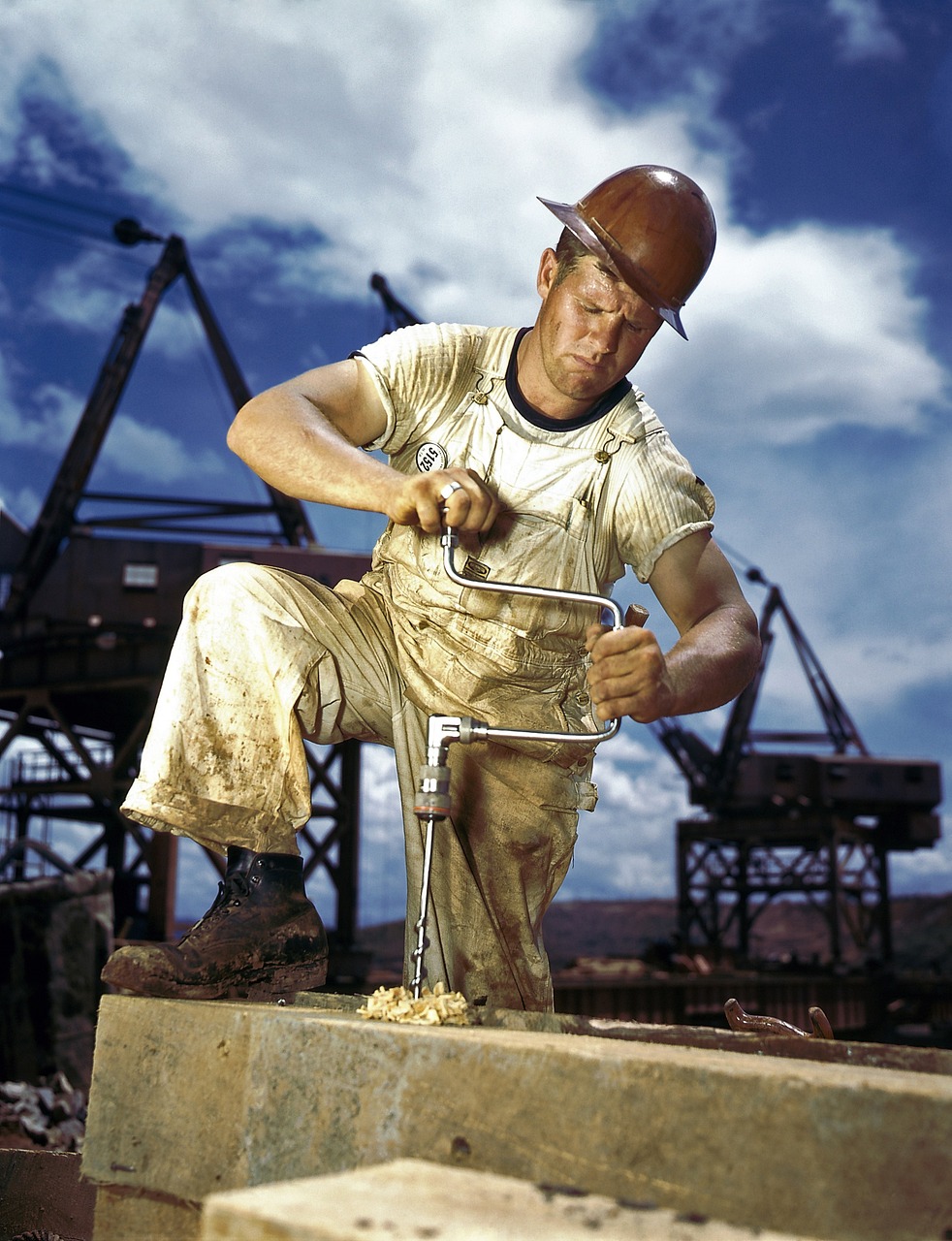Aluminum composite panel suppliers provide materials essential for modern construction, signage, and architectural design projects. These panels consist of two aluminum sheets bonded to a core, offering durability, lightweight structure, and aesthetic flexibility.
The best suppliers ensure high-quality panels that meet specific standards for fire resistance, weather durability, and design requirements. Choosing the right supplier directly impacts the success of any project involving aluminum composite panels, affecting cost, quality, and delivery times.
Many suppliers offer customization options, technical support, and varying grades of panels to suit different needs. Understanding what each supplier offers helps professionals make informed decisions about purchasing and application.
Finding Aluminum Composite Panel Suppliers
Selecting the right supplier involves understanding the different types available, verifying product certifications and quality, and knowing the leading brands in the market. Attention to these factors ensures the materials meet the specific requirements of a project.
Types of Aluminum Composite Panel Suppliers
Aluminum composite panel suppliers typically fall into three categories: manufacturers, distributors, and fabricators. Manufacturers produce panels directly, offering control over material specifications and customization options. Distributors handle bulk sales and often stock multiple brands, providing variety but potentially less customization.
Fabricators purchase raw panels from manufacturers or distributors and provide cutting, bending, or other modifications tailored to project needs. Choosing between these depends on project scale, customization requirements, and timeline.
Local suppliers may offer quicker delivery and support, while international suppliers can provide competitive pricing and broader product ranges. Each supplier type serves different demands in the construction and design sectors.
Evaluating Quality and Certifications
Quality assessment begins with verifying product certifications. Common certifications include ISO 9001 for quality management, ASTM standards for material performance, and fire safety ratings such as Class A or B testing results.
It is essential to check if suppliers provide documentation on core material composition (usually polyethylene or fire-retardant cores) and coating durability. The thickness of aluminum layers and PVDF or fluorocarbon coatings influence longevity and appearance.
Supplier transparency about testing reports and adherence to environmental standards adds reliability. Onsite or third-party inspections can confirm manufacturing consistency and compliance with agreed specifications.
Top Aluminum Composite Panel Brands
Well-established brands include Alucobond, Reynobond, and Alpolic, known for consistent quality and wide global availability. These brands offer various panel types, finishes, and fire-retardant options.
Other notable suppliers like Mitsubishi Chemical and Larson provide specialized products with enhanced weather resistance or eco-friendly materials. Brand selection often depends on regional availability and project requirements.
Comparing technical data sheets, warranties, and customer reviews helps assess brand performance. Leading brands invest in innovation and testing, which supports better installation outcomes and durability.
Choosing and Working With Aluminum Composite Panel Suppliers
Choosing the right aluminum composite panel supplier requires assessing their product quality, delivery reliability, and pricing approach. Relationships often depend on clear communication and flexibility in meeting specific project requirements.
Critical Factors in Supplier Selection
The supplier’s product quality is the primary factor. Panels should meet industry standards for durability, fire resistance, and finish consistency. Certifications such as ISO 9001 or compliance with relevant fire safety ratings (like ASTM E84) ensure reliability.
Experience with projects similar in scale or type matters. A supplier familiar with architectural or industrial applications offers valuable insights. Customer references and case studies help verify claims.
Technical support and after-sales service influence ongoing project success. Suppliers providing detailed technical data sheets, design assistance, and responsive communication ensure smoother collaboration.
Supply Chain and Delivery Options
Reliable delivery schedules minimize project delays. Suppliers with multiple logistics partners or their own transport fleets offer flexible options. Knowing lead times upfront helps plan installations accurately.
Inventory availability affects supply chain stability. Suppliers who maintain buffer stocks or can source materials quickly reduce risk during urgent orders.
International vs. local sourcing impacts shipping costs and customs clearance times. Local suppliers may offer faster response, while international ones might provide lower costs but require longer lead times.
Cost Considerations and Negotiation
Pricing transparency is essential. Suppliers should provide detailed quotes breaking down material, processing, and delivery costs separately.
Volume discounts or contract pricing can significantly affect overall cost. Buyers should quantify anticipated order sizes to negotiate better terms.
Payment terms and financing options vary and influence cash flow management. Flexible terms like partial payments or extended deadlines help buyers manage budgets.
A comparison table including material quality, delivery schedule, and total cost supports informed decision-making during negotiation.




Leave a Reply